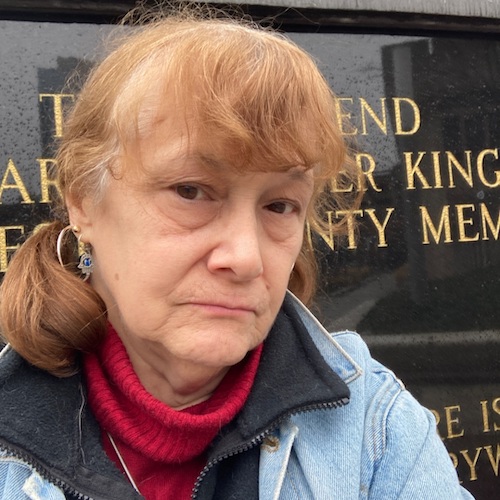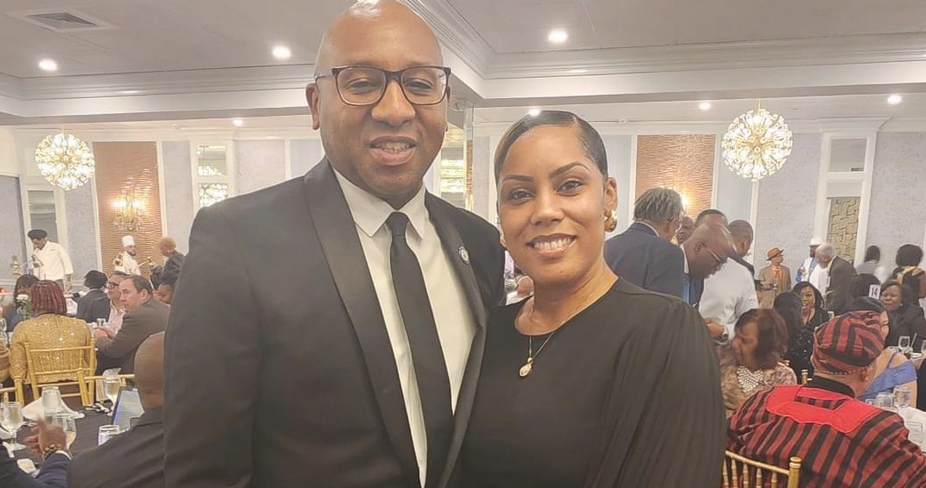Between 2009 and 2010 Senator John Sampson was one of the most powerful politicians in New York State and was briefly leader of the Democrats in Albany.
Now he stands accused of embezzlement and could face more than 20 years behind bars. The government has offered him a plea-deal that would require over three years imprisonment.
Sampson has pled not guilty to the government’s charges. Some of the evidence against him was reportedly gained through wires worn by his political colleagues who wanted to cut better deals for themselves on corruption charges they too faced.
Senator Sampson allegedly siphoned $400,000 from the sale of foreclosed homes after he had been appointed by the court as referee to preside over foreclosure proceedings in Brooklyn. The government says Sampson used the money for his 2005 unsuccessful bid to become District Attorney in King’s County.
According to the government when he learned of the investigation against him, Sen. Sampson contacted a friend in the office of the U.S. Attorney for the Eastern District and asked for the names of cooperating witnesses against him so he could plan to “take them out.” The charges against Sampson come merely weeks after Senator Malcolm Smith was in the news. He was charged with scheming with others to bribe his way on the ballot as a Republican candidate for mayor of New York.
Of course, in all fairness, Sampson has yet to have his day in court. Still, these are indeed serious charges and it doesn’t help when we see a pattern around the country of serious charges against prominent politicians.
In a recent article “Corrupt Politicians Shame Legacy of Black Political And Civil Rights Struggle” columnist Gloria J. Browne-Marshall noted that given many of the special difficulties and challenges facing the Black community, letdowns by African American politicians have even much more severe and longer-lasting consequences.
Nationally, the column noted the fall of once rising star, Rep. Jessie Jackson, Jr. (D-IL) who pled guilty to a felony charge of “using $750,000 in campaign funds for extravagant purchases, including a stuffed animal head.”
Generally, the impact of such falls are also severe in terms of the disruption to access to resources for the community and to leadership positions.
What’s more, even though these are individual transgressions, the community is often wrongfully and even maliciously assigned collective blame by so-called mainstream media — even when there are no shortages of politicians from other ethnic groups who have fallen from grace.
For example, nationally, as Brown-Marshall’s column reminded, “Tom DeLay (R-TX), White, and former Majority Whip, was convicted in 2011 of laundering political contributions and sentenced to three years in prison.”
And right here in New York, there have been scores of politicians including the powerful former Republican leader Joe Bruno, who once seemed untouchable.
Still, given the great sacrifices made by African Americans historically, including during the Civil Rights struggle to pave the way for Black political representation, these are very sad days.
We must remind a younger generation of leadership that political power should be used as a means to help direct resources to severely distressed African American communities, many of which face unemployment rates higher than 15% to even 20% — and much higher for young Black males in certain age ranges where the rates even exceed 50%.





